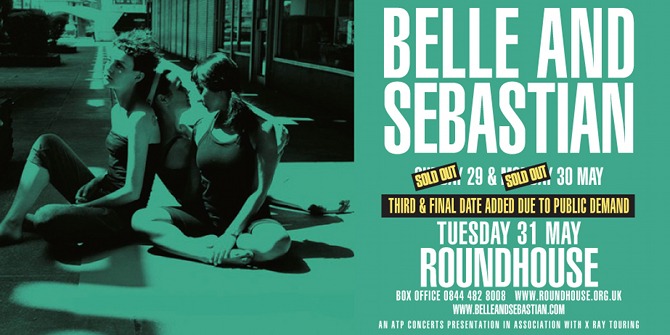The Librarienne, If reference is dead, why am I so tired at the end of the day?
Tim Carmody, A Budget for Babel (well worth a read. Would you pay $100 a month for unlimited access on any device to everything ever printed?)
Seth Godin, The future of libraries
Andy Woodworth, "Bring me the head of Seth Godin!"
Save Libraries
Ian Anstice, Special Report: Newsnight
CILIP, National Libraries Day launched
eBooks
Simon Barron, Four Things Kindle Can Help You Do (I don't have a Kindle but am saving up tips for when I do get one eventually!)
Josh Catone, Digital Publishing and the Imperative to Preserve the Integrity of Print
Fred Stielow and Raymond Uzwyshyn, Back to the Future: The Changing Paradigm for College Textbooks and Libraries
Social Media and Technology
Boyhun Kim, Tech Skills for New Librarians & Me (Seeking Advice)
Kelsey Gagliardi, How to use Social Media to Engage Students (Google doc)
Ian Clark, A tiny contribution to the debate (some reasons why ereaders won't, or shouldn't become 'as expensive as Gillete razors' (see Seth Godin's post above)
Phil Bradley, Zanran (seems like a useful numerical data search engine)
Aaron Tay, Libraries and Augmented Reality, Adding Video Reviews to Books - Aurasma
Library School
Sam Wiggins, Learning from librarianship
Librarian_101, Please promptly remove head from sand
Theatregrad, Theatregrad’s top advice on getting the most out of library school
Nellie Akalp, 9 ways to increase your productivity while working from home (filing this one away for dissertation time next year!)
Public Libraries
Lauren Smith, Public Libraries and Adult Learning
CILIP
Maria Giovanna De Simone, Queen: Stop this Nonsense! (Thoughts on Annie Mauger's CILIP East of England talk a couple of weeks ago)
Laura Wilkinson, On the Road to Chartership
Job Titles
Andy Woodworth, Bikes, Branding and Bellyaching (Does it matter if patrons don't know the difference between a library assistant and a qualified librarian?)
Laura Wilkinson, Job Titles - What's in a Name?
Misc.
Karen Loasby, Managing information about people
Becky Woods, "The move to co-working is a move from a culture of me to a culture of we"...
Wendy MacNaughton, Meanwhile, The San Francisco Public Library (Really beautiful watercolours illustrations of patrons at San Francisco Public Library. Go and look.)
Bethan Ruddock, Presenting
 |
| By Moriza on Flickr |



